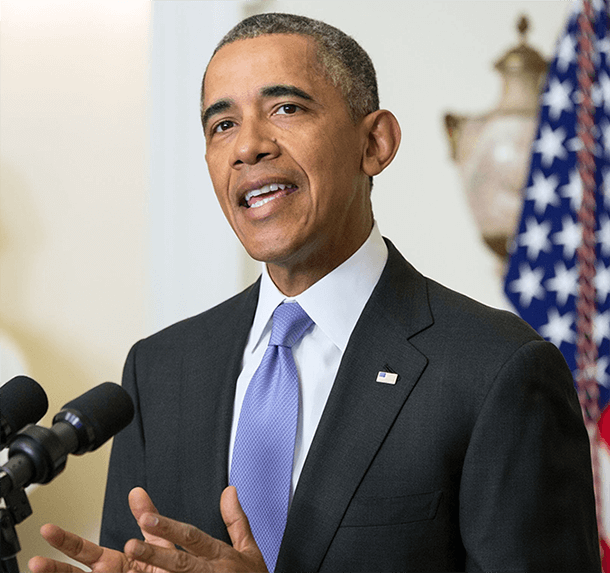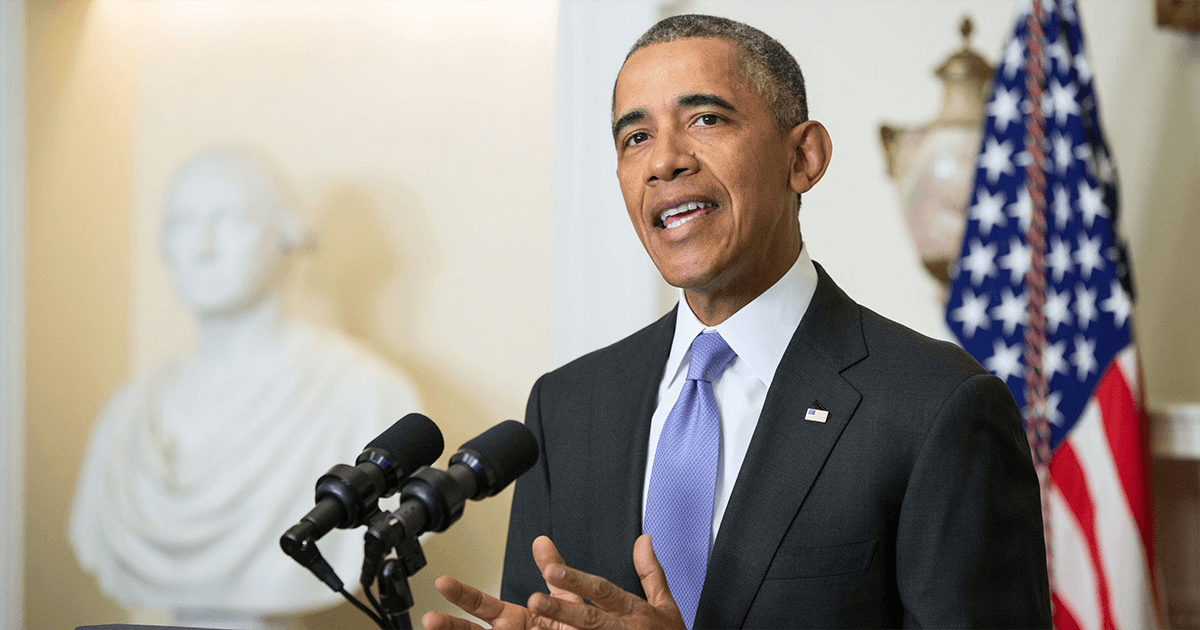
With his latest budget proposal unveiled this week, President Obama is sending a strong message to Congress: the economy may be improving, but without serious investments in healthcare, education and infrastructure, the middle class will be left behind.
As The New York Times reports, this budget is focused on undoing a dangerous trend in our economy in which “risks have shifted onto working people.” It calls for an elimination of the funding cuts known as sequestration, which have been in effect since 2013 and have left important public services starved of resources. The President also is calling for an expansion of unemployment insurance, a stronger Temporary Assistance for Needy Families program, and more funding for job training, education and child care.
“We need to update several key benefit structures to make sure that workers can balance work and family, save for retirement, and get back on their feet if they lose a job,” Obama said in his statement on the proposal.
The President can only make recommendations on the budget, and it’s unlikely that this hostile Congress will take him up on many of his proposals. But AFSCME will continue to fight for policies that help working families.
Some elements of the budget would have an important impact on funding for state and local services. It calls for a $900 billion dollar investment in transportation and infrastructure – a longtime labor priority that would not only create thousands of good jobs, but help us avoid crises like the water system catastrophe currently unfolding in Flint, Michigan.
Infrastructure investments would be paid for with a new $10.25 per-barrel fee on oil. But the budget plan also calls for an increase in taxes from the wealthy as well as closing certain corporate tax breaks. It also would increase grants for public safety at the state and local level and expand programs to treat drug abuse in our communities.
On health care, the President is proposing a special assist for Puerto Rico. The federal government does not give the same kind of support to the territory’s health care system as it does to the states, but President Obama would increase funding to Puerto Rico’s Medicaid system and to its hospitals.
Finally, there’s a call to bring the United States in line with the rest of the developed world when it comes to paid leave. The proposed Paid Leave Partnership Initiative would assist states in developing paid leave policies for workers.
